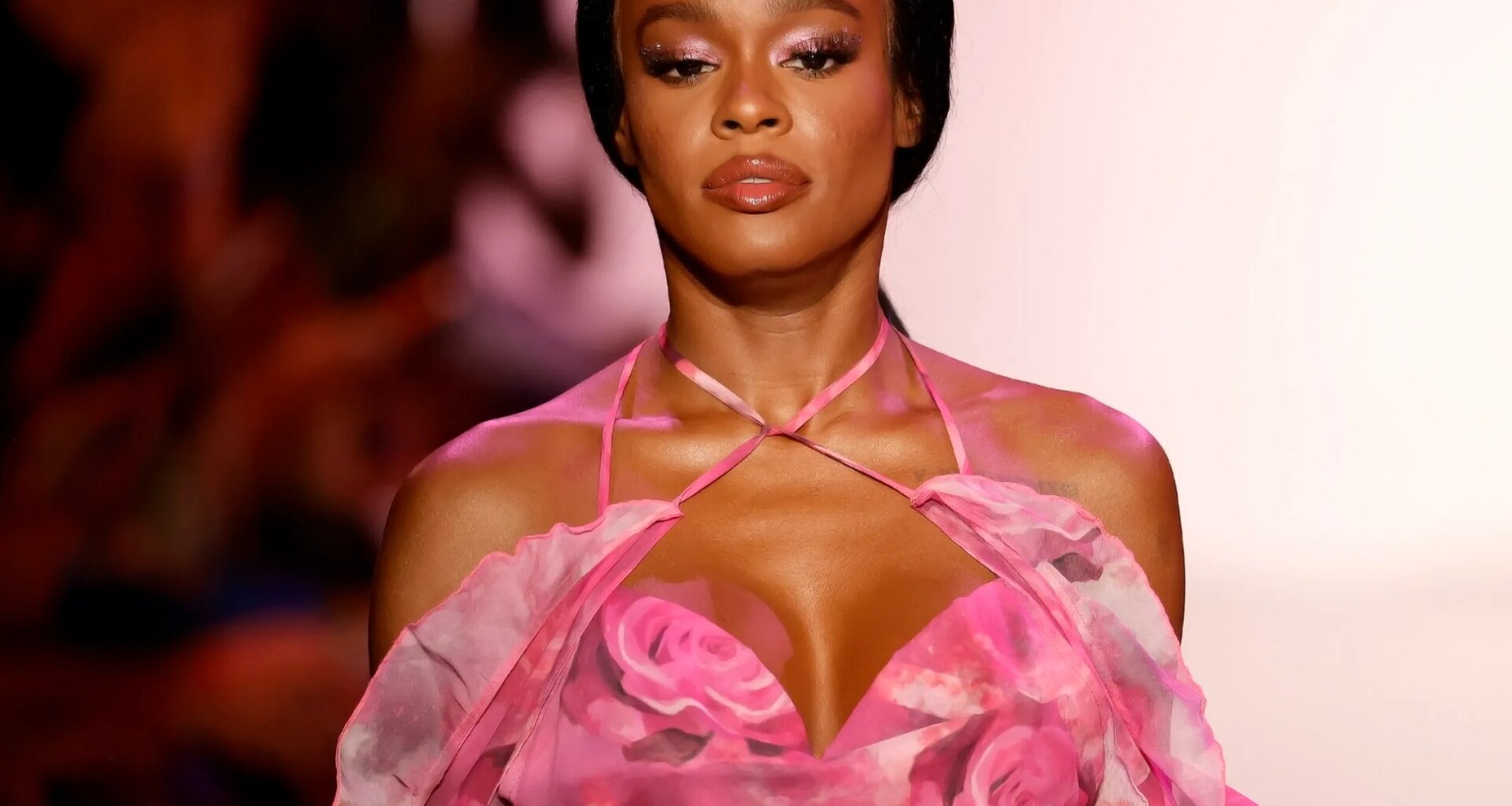Azealia Banks has never been shy about calling out the industry, and her latest critique is aimed squarely at Doja Cat. On September 27, the Harlem rapper sparked heated conversation after weighing in on Doja’s new album Vie, which dropped September 25.
In a since-viral post, Banks accused Doja of leaning too heavily on Nicki Minaj’s blueprint. She reposted a fan’s observation that one of Doja’s verses sounded “so Stupid Hoe coded,” a direct nod to Minaj’s 2011 diss track. Banks didn’t hold back in her response.
“Ok I love the girls and love Nicki but we can’t just be riding Nicki’s dick like this,” she tweeted.
While acknowledging that some inspiration is natural, Banks argued Doja’s approach goes beyond homage. “Like a teeeny bit of inspiration/borrowing is okay and respectful … but the full on Nicki cosplays have to stop because it’s almost like mocking her… Which is rude.”
Azealia Banks Says Doja Cat Copies Nicki Minaj
The remarks drop into a larger debate about how today’s women in rap carve out space in Minaj’s shadow. As one of the most dominant figures of the last 15 years, Nicki’s influence is impossible to ignore.
Her animated delivery, sharp wordplay, and outlandish visuals have become part of the genre’s DNA. But that impact also puts new artists under a microscope—too much resemblance, and critics label them clones.
Banks has made authenticity a centerpiece of her commentary, often blasting what she sees as copy-and-paste trends. Calling Doja’s delivery “Nicki cosplay” fits into her ongoing argument that originality should define hip-hop. To her, mimicry without balance risks flattening Minaj’s artistry into caricature.
Doja, meanwhile, has built her career on versatility, blending rap, pop, and theatrical visuals that keep fans guessing. Some listeners celebrate her shape-shifting as innovation, while others, like Banks, see echoes that cross into imitation. On Vie, several moments—especially her exaggerated vocal flips—have fueled comparisons to Nicki, reigniting discourse about where homage ends and mockery begins.
Banks’ critique highlights a tension that continues to ripple through rap: how emerging stars can channel influence from legends without being written off as carbon copies.

